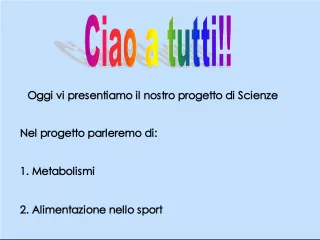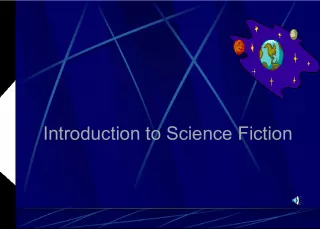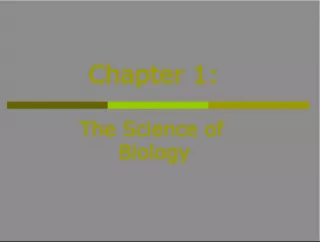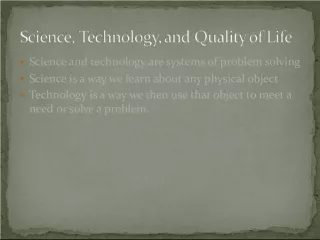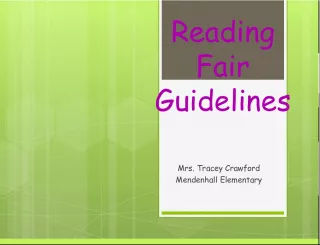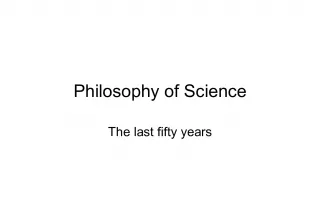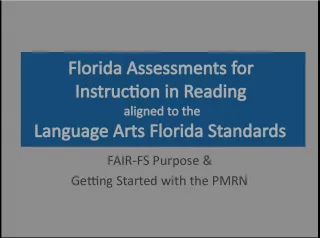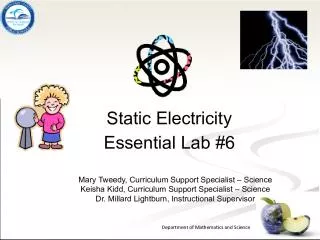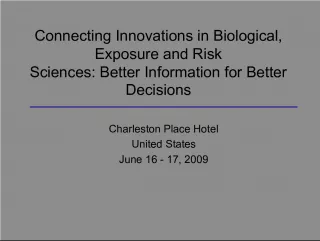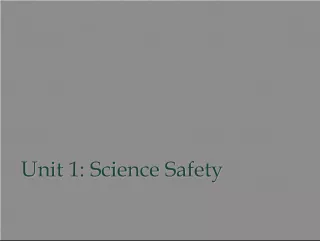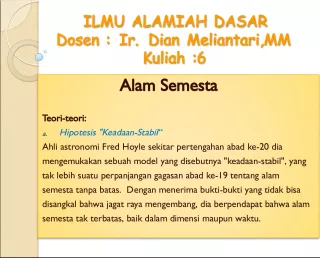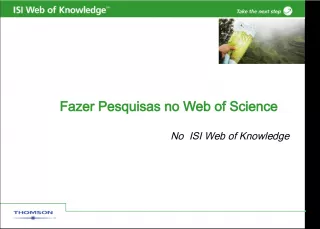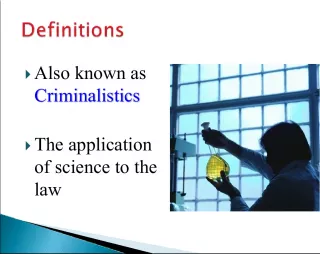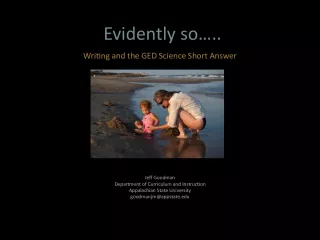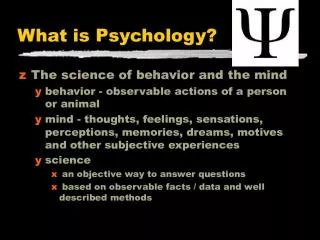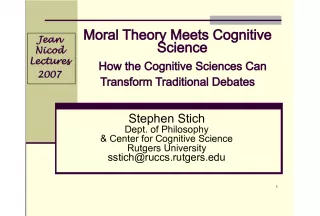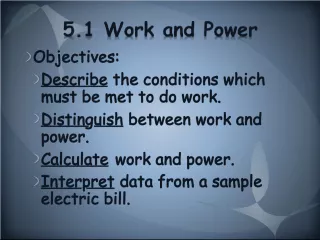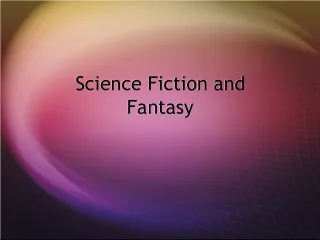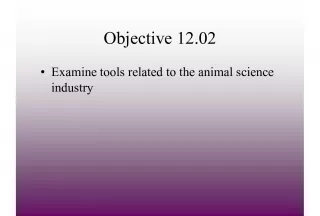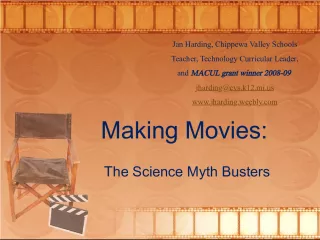Getting Started with Your Science Fair Project: Science Can Be Fun
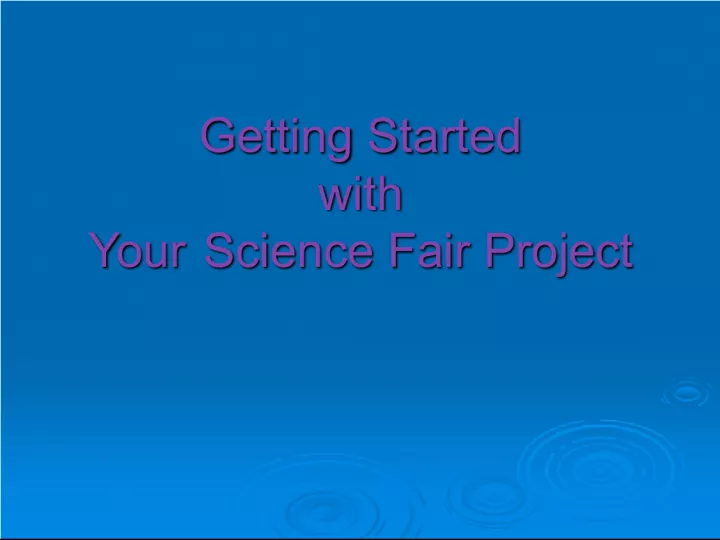

The article provides an introduction to science fair projects and emphasizes that science can be enjoyable. It explains that a science fair project is a test or comparison of different variables using
- Uploaded on | 4 Views
-
 roman
roman
About Getting Started with Your Science Fair Project: Science Can Be Fun
PowerPoint presentation about 'Getting Started with Your Science Fair Project: Science Can Be Fun'. This presentation describes the topic on The article provides an introduction to science fair projects and emphasizes that science can be enjoyable. It explains that a science fair project is a test or comparison of different variables using. The key topics included in this slideshow are . Download this presentation absolutely free.
Presentation Transcript
Slide1Getting Started with Your Science Fair Project Getting Started with Your Science Fair Project
Slide2Science Can Be Fun! Science Can Be Fun!
Slide3What is a Science Fair Project? What is a Science Fair Project? A science fair project uses scientific method to test and compare things by performing an experiment. A science fair project uses scientific method to test and compare things by performing an experiment. It is not a demonstration It is not a demonstration such as building a volcano. such as building a volcano. What is a Science Fair Project? What is a Science Fair Project? What is a Science Fair Project? What is a Science Fair Project?
Slide4What is the Scientific Method? What is the Scientific Method? Science Projects should follow this method: Science Projects should follow this method: 1. State the Problem (Ask a Question) 1. State the Problem (Ask a Question) 2. Form a Hypothesis (Make a Guess) 2. Form a Hypothesis (Make a Guess) 3. Procedure (Experiment, Test) 3. Procedure (Experiment, Test) 4. Observation (Data, Results, Pictures, Graphs, Charts) 4. Observation (Data, Results, Pictures, Graphs, Charts) 5. Form a Conclusion (What I Found Out) 5. Form a Conclusion (What I Found Out)
Slide5Selecting a Topic Selecting a Topic Get project ideas from the Internet, books, magazines, newspapers. Get project ideas from the Internet, books, magazines, newspapers. Talk to your teacher, the science fair coordinator (Mrs. Parker), your family, your friends. Talk to your teacher, the science fair coordinator (Mrs. Parker), your family, your friends. Choose a topic that you are interested in. Choose a topic that you are interested in.
Slide6Internet Resources Internet Resources Discovery Channel School: Science Fair Central Discovery Channel School: Science Fair Central http://school.discoveryeducation.com/sciencefaircentral/ http://school.discoveryeducation.com/sciencefaircentral/ All Science Fair Projects All Science Fair Projects http://www.all-science-fair-projects.com/ http://www.all-science-fair-projects.com/ Easy-Science-Fair-Projects. net Easy-Science-Fair-Projects. net http://www.easy-science-fair-projects.net/elementary- science-fair-projects.html http://www.easy-science-fair-projects.net/elementary- science-fair-projects.html
Slide7Topic Considerations Topic Considerations Remember, growing plants in the winter is difficult. Remember, growing plants in the winter is difficult. If you choose something that you have to watch over time, make sure there is enough time to complete the project. If you choose something that you have to watch over time, make sure there is enough time to complete the project. At the elementary level, it is best to keep the project simple, but do a nice job in observing, measuring, and collecting data. At the elementary level, it is best to keep the project simple, but do a nice job in observing, measuring, and collecting data.
Slide8How to Complete a Project? How to Complete a Project? Download the Mrs. Parker’s 10 steps to Completing a Science Fair Project for the simple explanation. Download the Mrs. Parker’s 10 steps to Completing a Science Fair Project for the simple explanation. Download the Detailed Instructions for Completing a Science Fair Project if you would like more information. Download the Detailed Instructions for Completing a Science Fair Project if you would like more information. Look at the sample projects. Look at the sample projects.
Slide9RequirementsRequirements A Journal A Journal A Display Board A Display Board An Oral Presentation An Oral Presentation 3 winning projects from each grade level (4 th / 5 th ) may go on to the District Science Fair. 3 winning projects from each grade level (4 th / 5 th ) may go on to the District Science Fair. * Projects must meet minimum requirements to go on to district level competition. * Projects must meet minimum requirements to go on to district level competition.
Slide10Need Help? Need Help? Contact Mrs. Parker Phone: (909) 941-9551 Email: pam_parker@etiwanda.org
